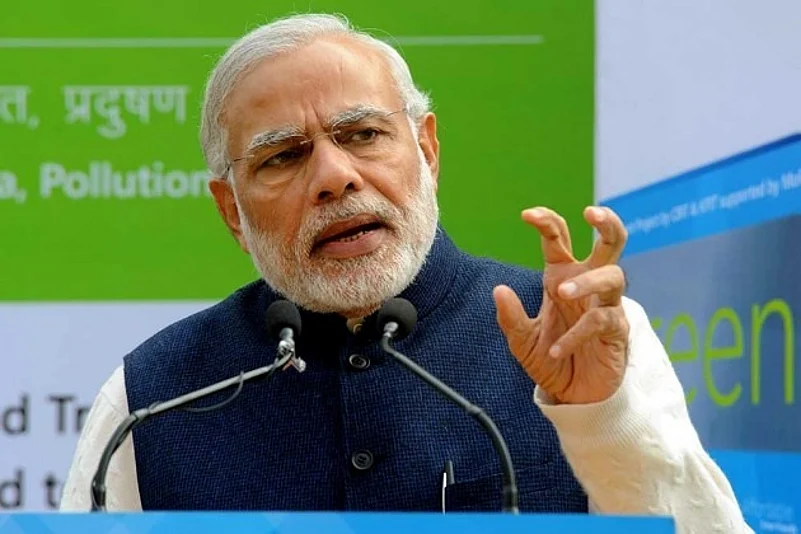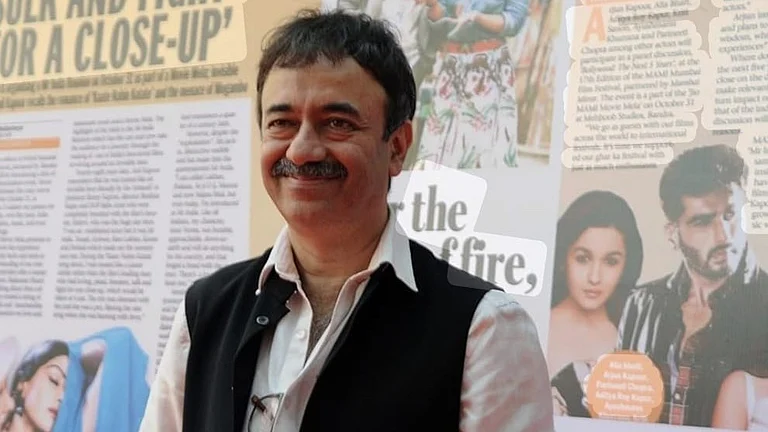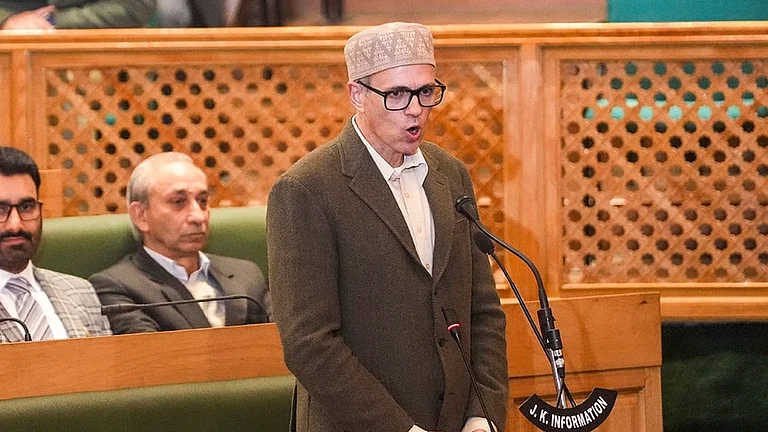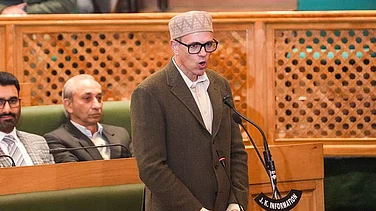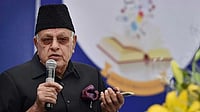Prime Minister Narendra Modi today deplored "destruction" of villages due to "venom of casteism" and said efforts should be made to help them rise above it so that they become inclusive and cohesive entities.
He also said there is a need to create development schemes for rural India that are "outcome oriented".
"Our villages are still poisoned with the venom of casteism...The poison of casteism destroys the village and crushes its dreams.
"We need to make efforts so that the villages rise above casteism and become inclusive and cohesive. Everyone should resolve to work for the village. The government is taking steps to take forward villages," he said.
The prime minister was addressing a gathering here to mark the birth centenary of reformist Nanaji Deshmukh and 115th birth anniversary of socialist leader Jayaprakash Narayan.
Batting for an outcome oriented approach to rural development, Modi said the country has sufficient resources to deliver benefits to the last man in queue. He said the desired results can be achieved through good governance.
Explaining the impact of good governance, he said poorer states have fewer jobs under the government's flagship rural employment scheme-- MNREGA-- as compared to states which are better off.
The prime minister said states where governance is good are able to launch more projects, creating greater employment opportunities.
For sustainable development of rural India, he said, schemes that are developed after taking into account the needs of people should be implemented using latest technology.
The prime minister said schemes should be implemented without diluting the spirit behind it.
"It (schemes) should be outcome-based. There should be no dilution or diversion from the spirit in which it was conceived. We also have to adhere to the timeline for its completion," Modi said.
He said if rural products such as earthen lamps are used in cities like a "fashion statement", it would help the poor in villages prosper.
The prime minister said if villages have 24 hour power and water supply and are connected with optical cable for internet, teachers, doctors and bureaucrats would not hesitate in living there.
Their prolonged stay will help rural areas gain from their presence, Modi said.
He also said rural India today seeks facilities available in cities such as power supply, latest technology and internet connection.
A child in a village should get opportunities like a city student to experiment in a laboratory and use latest IT means, he said.
Referring to efforts being made to end the practice of open defecation, he said an increasing number of villages are now naming toilets as 'izzat ghar' (house of honour) as women do not have to relieve themselves in the open anymore.
Speaking about Jayaprakash Narayan, who led the students movement which culminated in the formation of the first non- Congress government in the country in 1977, Modi said JP, as the socialist leader was known, was very popular among youth.
"The likes of Loknayak JP and (Ram Manohar) Lohia were active during the 'Quit India' movement inspired by the clarion call of Mahatma Gandhi. JP was never interested in power politics," he said.
"Loknayak JP fought against corruption. His leadership rattled those in power at that time, and during a march in Patna he was even attacked. At that time, standing shoulder to shoulder with him was Nanaji Deshmukh, who took the blow to protect him," Modi said.
The prime minister recalled when the Janata Party government was formed in 1977, Nanaji Deshmukh was requested to join as a minister but he refused. He followed JP and preferred to devote himself to rural development.
Modi launched the DISHA Portal - a smart governance tool developed for MPs and MLAs for monitoring the implementation of various programmes and schemes of different ministries in their constituencies through a single portal.
The prime minister also digitally inaugurated 11 Rural Self Employment Training Institutes (RSETI) and a Plant Phenomics Facility at Indian Agricultural Research Institute.
PTI






